Travelers always have their eyes open, but we don't all catch the same sights. Some of us come home with images of signs, or doors, or manhole covers. And on recent trips, I've been noticing public clocks.
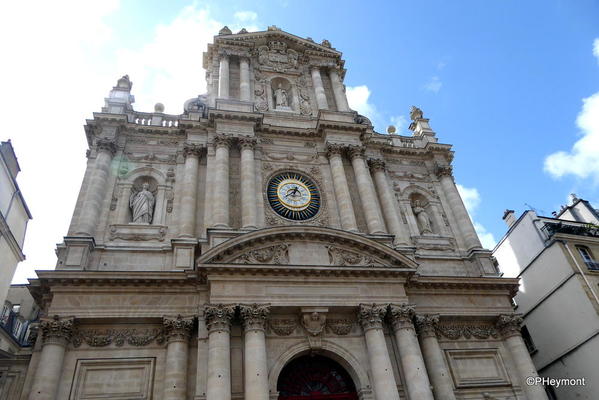
Last fall, in Paris I started with the one at the top, seen here in its setting in the facade of the church of Saint Paul and Saint Louis du Marais on Rue Saint-Antoine. That's a lot of saints for a clock spotted while we were hustling to a giant union demonstration against France's new labor laws.
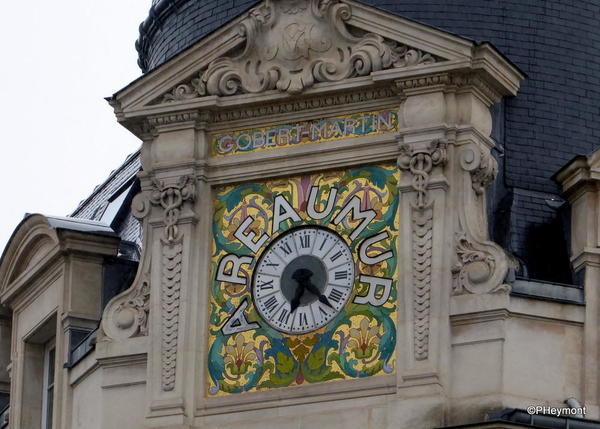
Once started, I began to notice them everywhere, and my wife pointed out even more. Of course, not all of them are on churches or government buildings. This one, on Rue Réaumur, was the proud herald of À Réaumur, a department store founded by Jean-Baptiste Goubert Martin, who also had his name placed on the clock.
The Musee d'Orsay, of course, is a great spot for clocks, with two large facade clocks (above) that are perhaps more famous for the views through them from inside the station. One faces a gallery area; the other can be seen behind the museum's cafe.
But the museum's other great clock, inside the main hall, is also worth a close look. It's by Victor Laloux, who was the architect of the railroad station that is now the museum.
Clocks are also a feature at the Gare de l'Est.
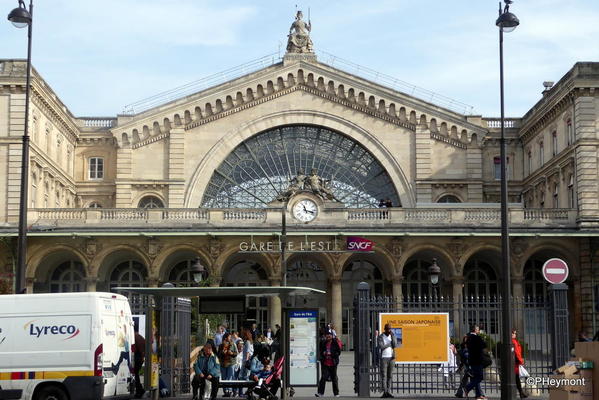
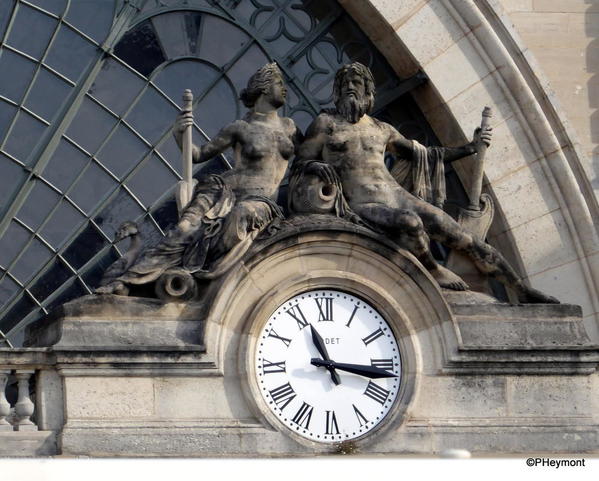
Here are some more, from around the city, in a variety of styles.
At the Jaquemart-Andre Museum, an indoor clock with more features and motifs than you can take in at a glance...
And in another spot, near Concorde, a clock that's not a clock fills the space until renovations are completed.
A simple street-corner clock, and some more
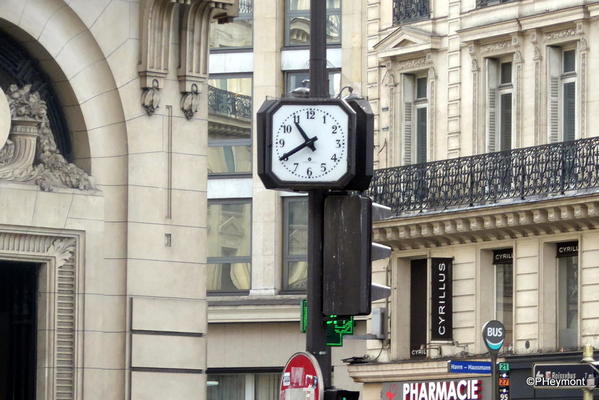
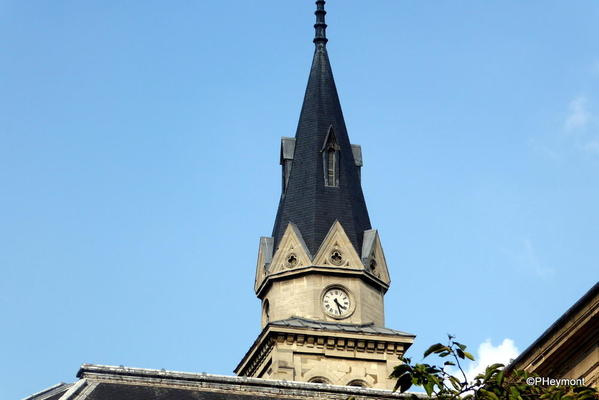
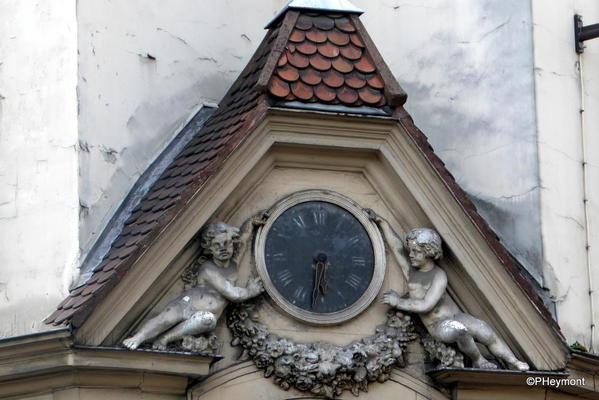
Each of Paris's arrondissement's has a city hall, and as far as I know, each of them has a clock. Here's the city hall of the 18th, in Montmartre.
And, one more railroad station: the Gare Saint-Lazare, painted repeatedly by Monet in the 1870s.
The since-expanded trainshed seen in his pictures has been topped for many years now with a clock that has clearly fallen on hard times.
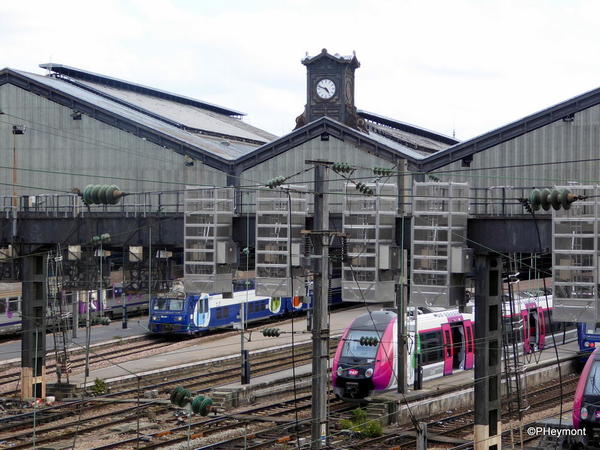
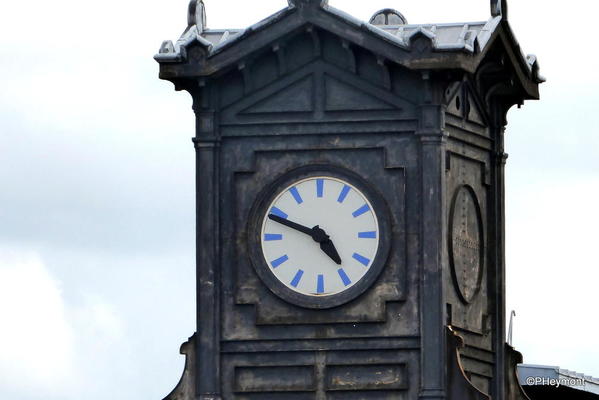
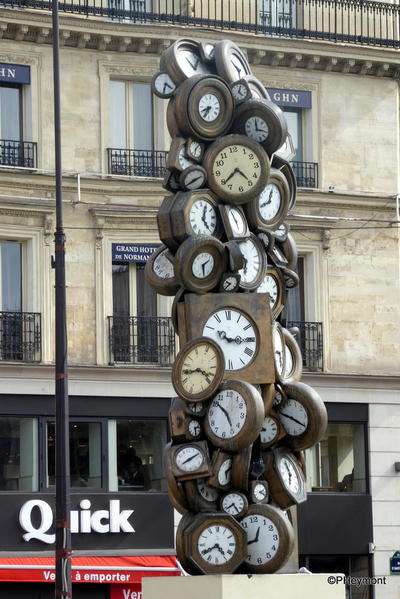 But out in front, on the station plaza, is one that makes up for it. It's a work by Arman, a one-named French sculptor who lived and worked in New York. Arman called it "an accumulation," and it's matched on the other plaza with a pile of bronze suitcases. For more on those, see our blog from last week HERE. The two were installed in 1985 as part of a program by Pres. Mitterand to grace the city with more public sculpture.
But out in front, on the station plaza, is one that makes up for it. It's a work by Arman, a one-named French sculptor who lived and worked in New York. Arman called it "an accumulation," and it's matched on the other plaza with a pile of bronze suitcases. For more on those, see our blog from last week HERE. The two were installed in 1985 as part of a program by Pres. Mitterand to grace the city with more public sculpture.

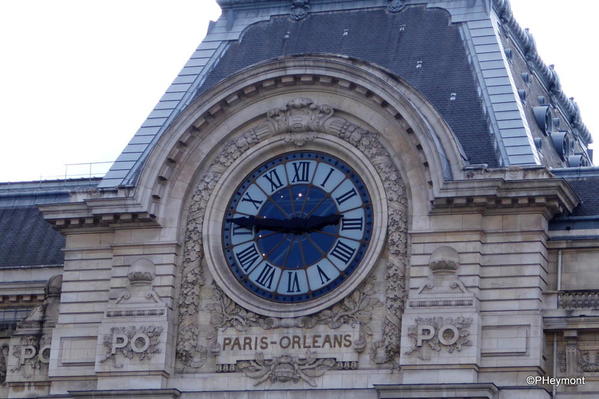
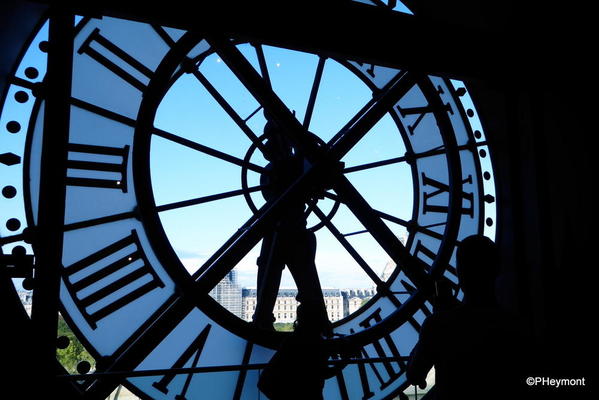
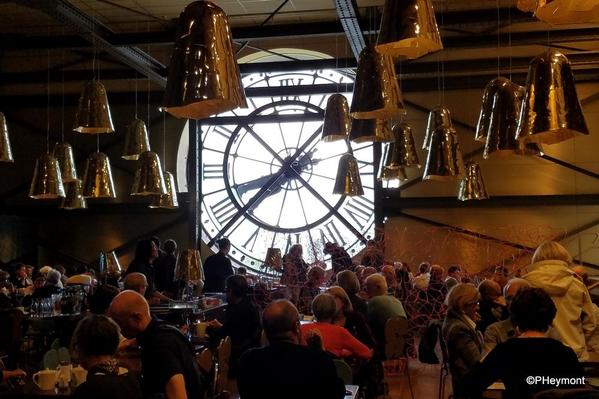
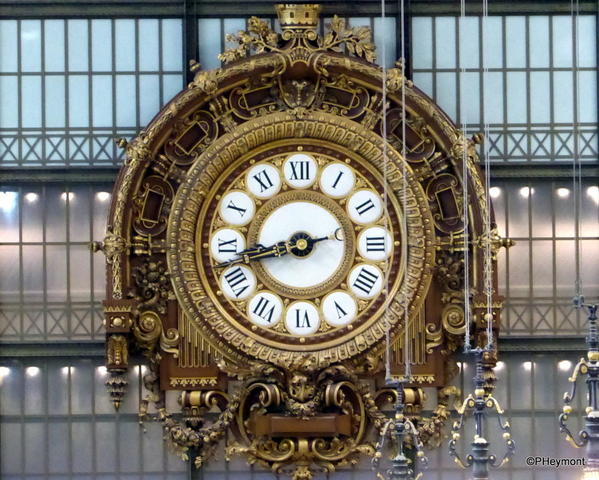
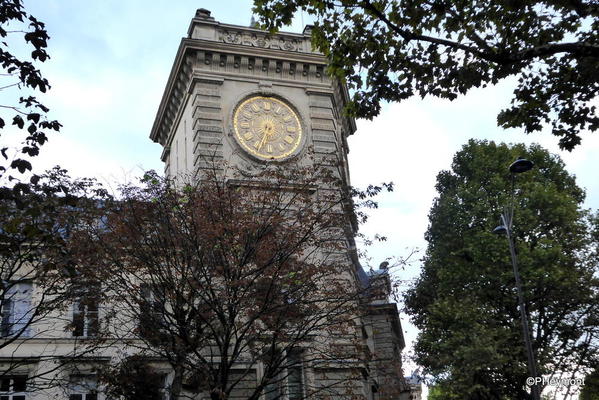
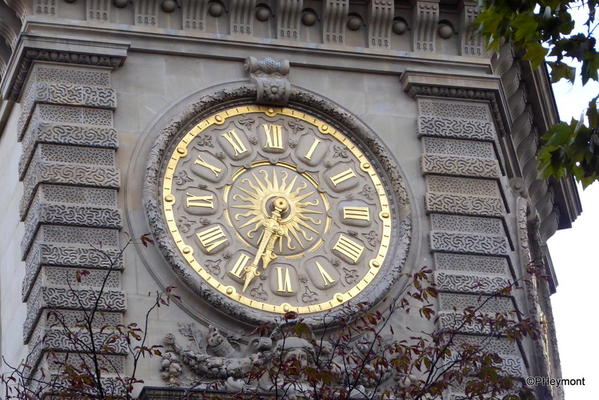
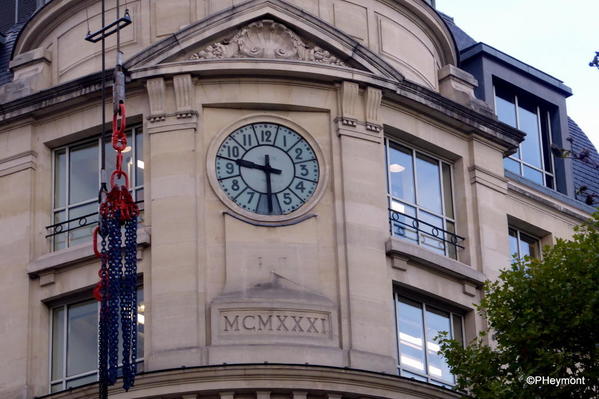
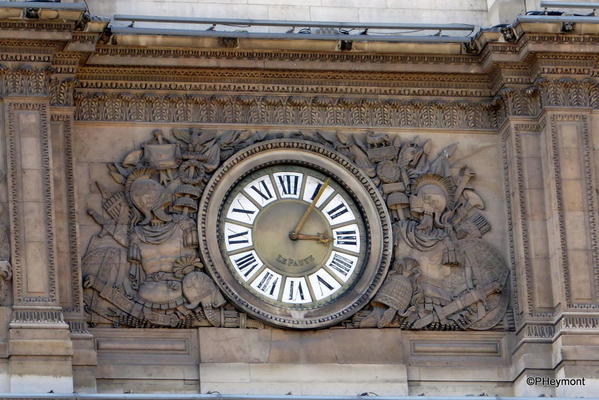
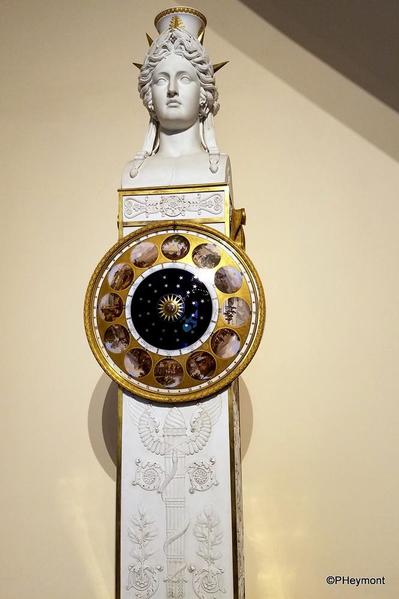
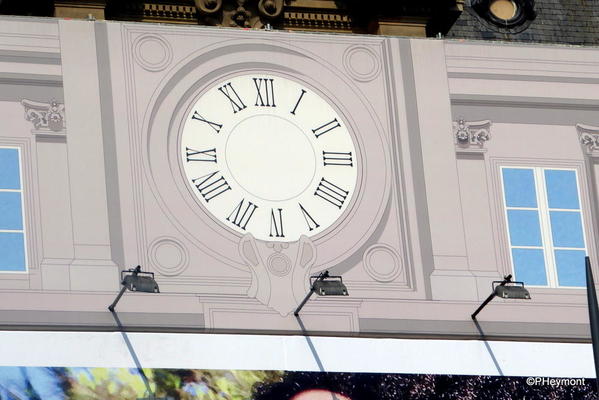

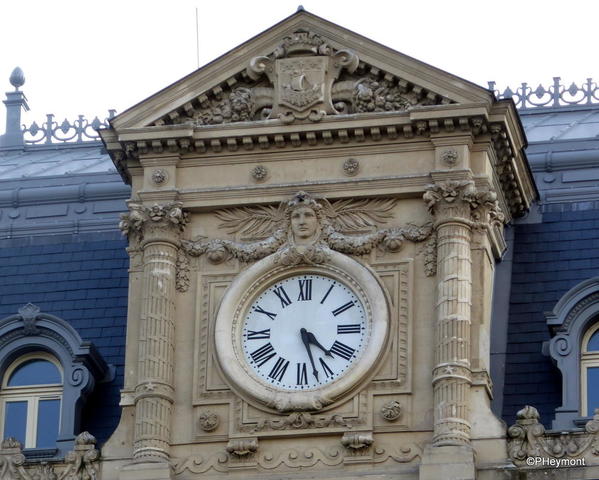
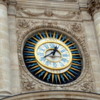















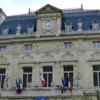






Comments (0)